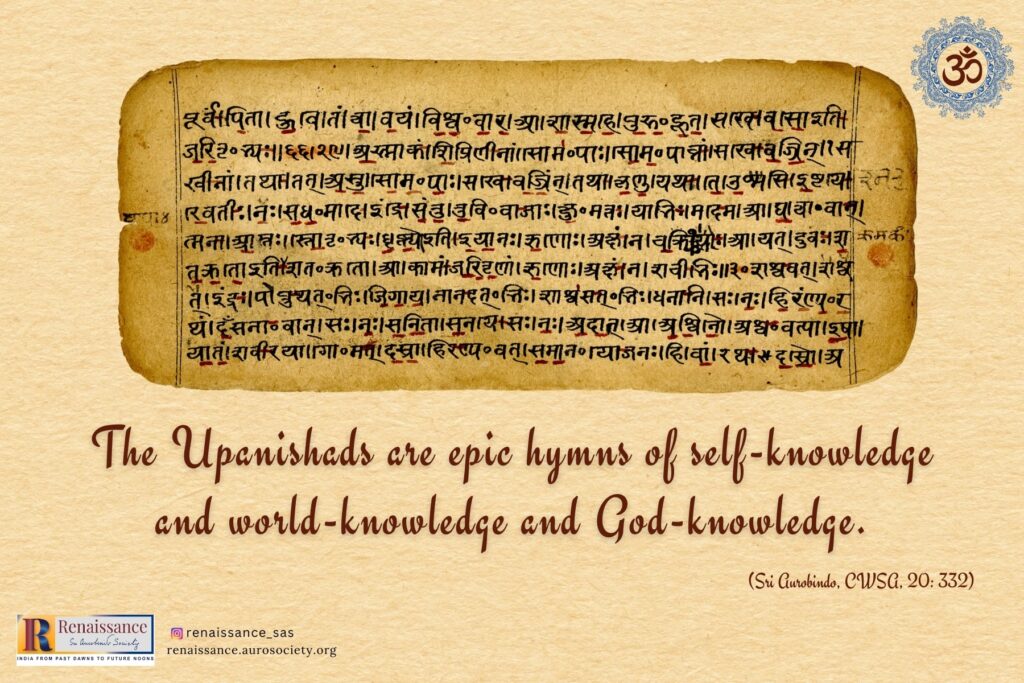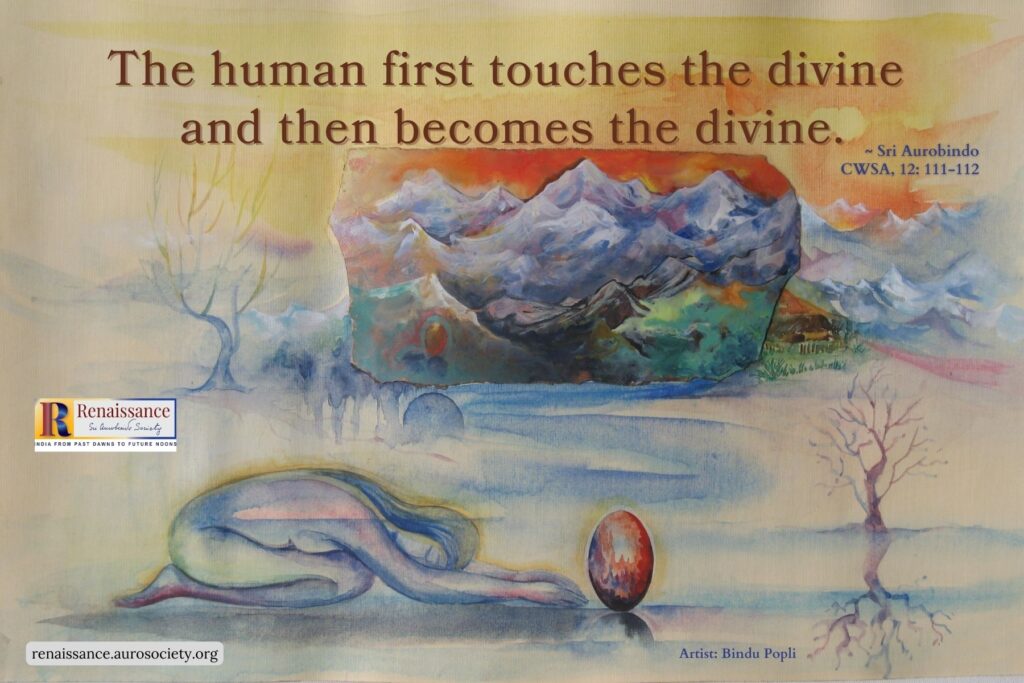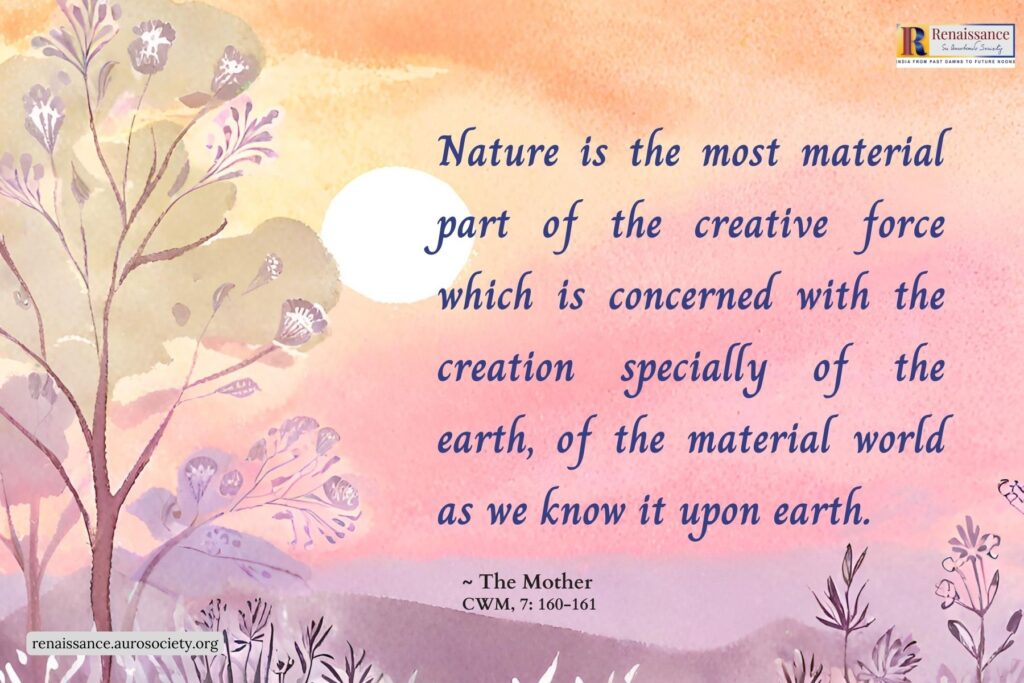Editor’ Note: Explaining the deeper nature of Love as a universal force, the Mother once explained the kind of love the animals experience. She said:
Animals have an altogether rudimentary mind. They are not tormented by incessant thoughts like human beings. For example, they feel a spontaneous gratitude for an act of kindness towards them, whilst men, ninety-eight times out of a hundred, begin to reason and ask themselves what interest one could have in being good. This is one of the great miseries of mental activity.
Animals are free from this and when you are kind to them they are grateful to you, spontaneously. And they have trust. So their love is made of that, and it turns into a very strong attachment, an irresistible need to be near you.
~ CWM, Vol. 5, p. 239
In the Indian tradition, we find several fables which beautifully illustrate the fundamental difference between the animal’s non-perverted and spontaneous nature and the man’s perverted, mentalised nature which is not yet refined by higher faculties of mind such as reason and beyond. One such story is presented in this issue. This speaks of the spontaneous gratefulness of an animal which is so often found missing in a human being.
The following story is excerpted from Viṣṇu Śarma’s ‘The Panchatantra’, Translation by Chandra Rajan, Penguin, 1993, pp. 98-103. In an interesting manner it illustrates what the Mother once remarked –
Stupidities and perversion begin with conscious mind and the human species. It is the wrong use man makes of his mental capacity. Perversion begins with humanity. It is a distortion of the progress of Nature which mental consciousness represents.
~ CWM, Vol. 9, p. 102
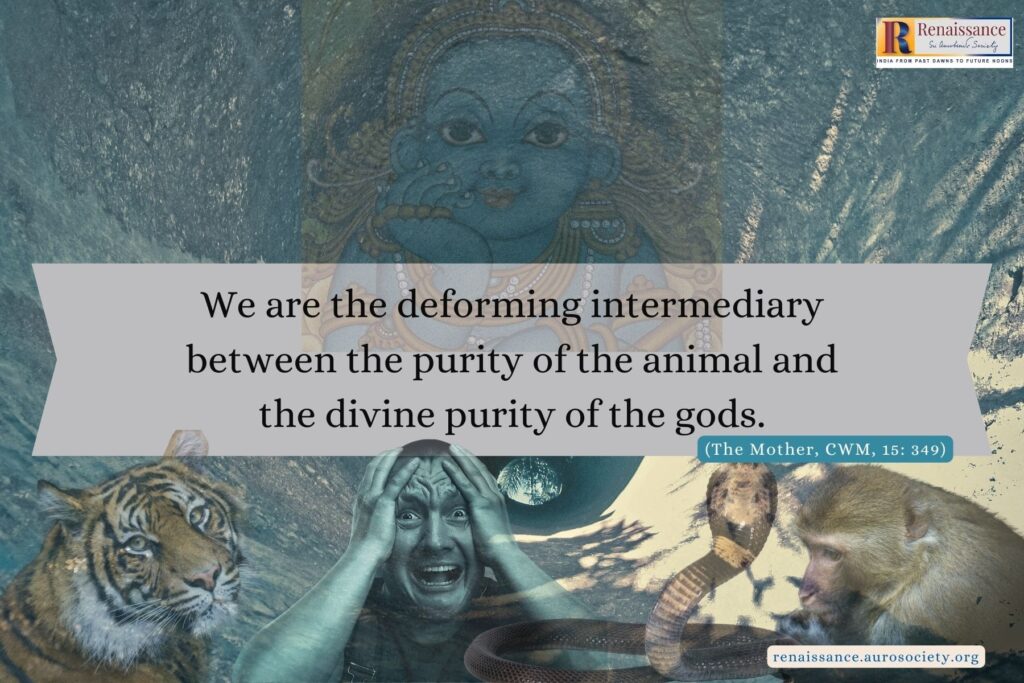
In a certain town there lived a Brahmin named Yajnadatta. His wife, worn down by grinding poverty reproached him daily saying, “O Brahmin! You sluggard! You stone-heart! Can’t you see the children suffering, pinched by hunger? Yet you sit there, and not a care in the world? Go, go and find something to do. . . to provide food for us . . . anything that’s within your power . . . and come back quickly. . . .”
Finally, tired of listening to his wife’s daily complaints, the Brahmin decided to go on a long journey and left home. In a few days he found himself entering a great forest. Wandering about in it, he soon grew parched with thirst and started searching for water. He chanced upon a spot where there was a well, overgrown with long grass. Peering into it, he saw down at the bottom a tiger, a monkey, a snake and a man. They saw him too.
The tiger was the first to react. Ah! Here comes a man, the tiger thought to himself; and he called out, “O noble soul! The saving of life is the noblest of virtues; consider that and pray pull me out so that I may once more live happily in the midst of wife and children, kinsfolk and dear friends.”
Yajnadatta answered, “Ah! The very mention of your name strikes terror into the hearts of all living beings. I am afraid of you, I swear.”
But the tiger did not give up, and spoke again,
“The slayer of a Brahmin, a drunkard,
an impotent man, a breaker of vows,
a traitor—for all these the wise prescribe
rites of atonement—for the ungrateful, none.”
And he added, “I bind myself with the triple oath. Therefore, there is no reason for you to fear me. Be merciful and help me out.”
The Brahmin communed with himself, thus, “Well, if misfortune strikes one as a result of saving a life, then so be it; and count it a blessing.” Coming to this conclusion, Yajnadatta pulled the tiger out of the well.
Now it was the monkey’s turn, “O virtuous man! I beg you; please help me out too.” Heeding the monkey’s plea, the Brahmin pulled him out.
Next the snake spoke, “O Twice-born!please help me out too.” And the Brahmana hearing those words, said, “Good Heavens! Simply the mention of your name makes everyone quake with fear; how much more to touch you.”
“Sir, we are not free agents,” answered the snake, “we would not bite a soul if we were not constrained to do so. But to reassure you, I shall bind myself with the triple oath; do not be afraid of me.”
The snake swore his oath and the Brahmin lifted him out. Then they all advised him earnestly saying, “Listen, you see that fellow down there. He is the repository of a legion of evils. Don’t help him to get out of the well. Beware; don’t trust him an inch.”
The tiger, as he was preparing to return home, said, “You see yonder, sir, that mountain with many peaks? That’s where my home is, in a ravine on the north slope. You should come there sometime and do me the honour of a visit, so that I may have the opportunity to return your kindness. I would be reluctant to carry forward into my next birth, the debt I owe you in this.” With these words he set off towards his home.
The monkey now told the Brahmin, ‘Sir, my home is also in that same region, near a cave beside a mountain torrent. Do visit me there, without fail.” And he bounded off in that direction.
The snake then spoke, “Whenever you are in dire need of any sort, just think of me.” And he slid away in the direction he had come from.

To know more about Viṣṇu Śarma and the Panchatantra: Click HERE.
All this time the man in the well had been shouting, calling for help, “O Brahmin, good sir, help me, pull me out please.”
At last, the Brahmin relented, thinking, “After all, he is a man even as I am.” And out of pity he helped the man out of the well.
“I am a goldsmith, sir,” said the man as soon as he had got up safely, “and I live at Bhṛgukaccha (name of a place on the north bank of the river Narmadā; modern Broach). Any time you have gold to be worked into ornaments, just bring it to me.” And the goldsmith walked away towards his native city.
The Brahmin continued roaming in the forest, looking and searching, but found nothing whatsoever; so he turned his steps toward home. On the way he remembered the monkey’s invitation; he went there and found the monkey at home. The monkey welcomed him and offered the most delicious fruit, sweet as ambrosia.
When Yajnadatta had eaten his fill and was refreshed, the monkey said, “Friend, if this fruit serves your needs in any way, don’t hesitate to come here daily and visit me; and you’ll receive it.” The grateful Brahmin responded warmly, “Your Honour has served me in full measure, nothing lacking. But there is one little favour I would ask of you; would you direct me to the tiger’s home?”
The monkey took him along to where the tiger lived. Recognizing Yajnadatta at once, the tiger, eager to repay the former’s kindness, brought out a necklace and other ornaments of wrought gold and explained, “Sir, sometime back, a certain prince whose horse had run away with him came here alone. When he was within range of my spring, I killed him and removed all this from his person. I have looked after these and kept them safely for you. Here, accept these gifts and then continue on your journey as you please.”
Yajnadatta accepted the tiger’s gifts and as he walked, he recalled the goldsmith’s parting words. “Yes, that’s where I shall go next; I’m sure the goldsmith will help me by selling these ornaments of gold.” So he did.
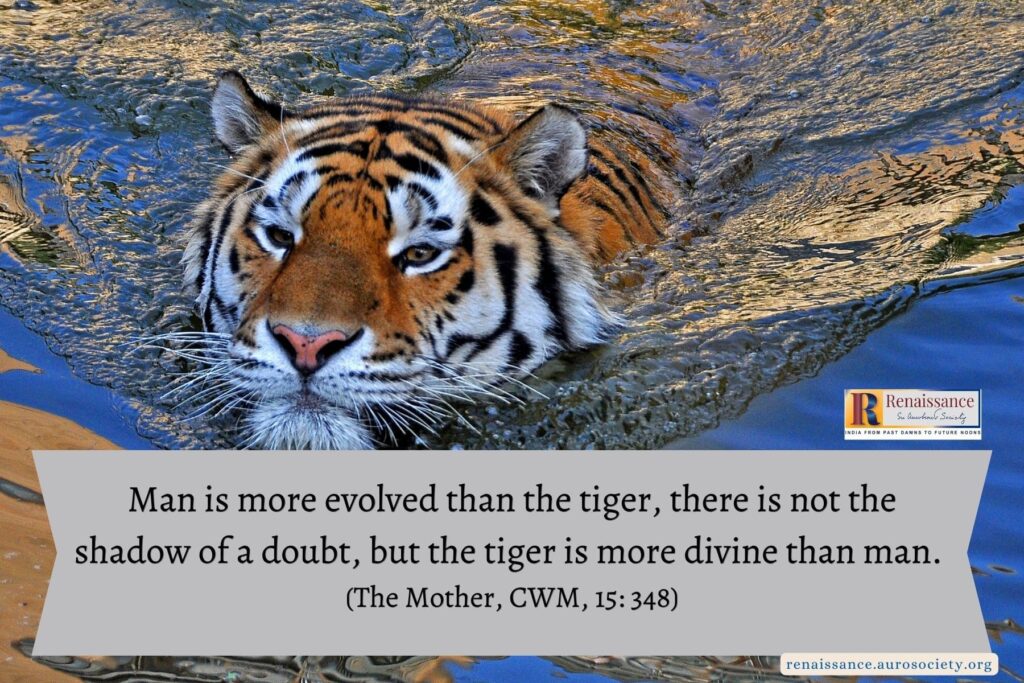
The goldsmith received the Brahmin with great respect, offering him all due hospitality – water for washing his feet, the customary guest-offering of milk, honey and other appropriate articles; and offered the Brahmin a comfortable seat. Then, having feasted him with fine food and drink and provided whatever else seemed needed to refresh a weary guest, the goldsmith said, “Command me, Your Honour; what can I do for you?”
“I have some gold which I would like you to sell for me, if you will,” replied Yajnadatta.
“Show it to me,” said the goldsmith; the Brahmin did so.
The moment the goldsmith set eyes on the ornaments, he thought to himself, “Hey, what’s this? These are the very same ornaments I had made some time back for our prince.” Examining the ornaments and making sure that that was indeed the case, the goldsmith said, “Wait right here, sir, while I go and show these to someone.”
He then hurried to the palace and showed the jewels to the king who exclaimed in surprise, “Where on earth did you get these?”
“A Brahmin has come to my house as a guest; he brought these with him, my lord,” answered the goldsmith.
At once the king’s mind started working, “So, this is the villain who killed my son. He will reap the fruit of his evil deed.” And the king called to the guards and issued orders, “Go, seize this accursed Brahmin, bind him fast and at the first light of dawn, have him impaled.”
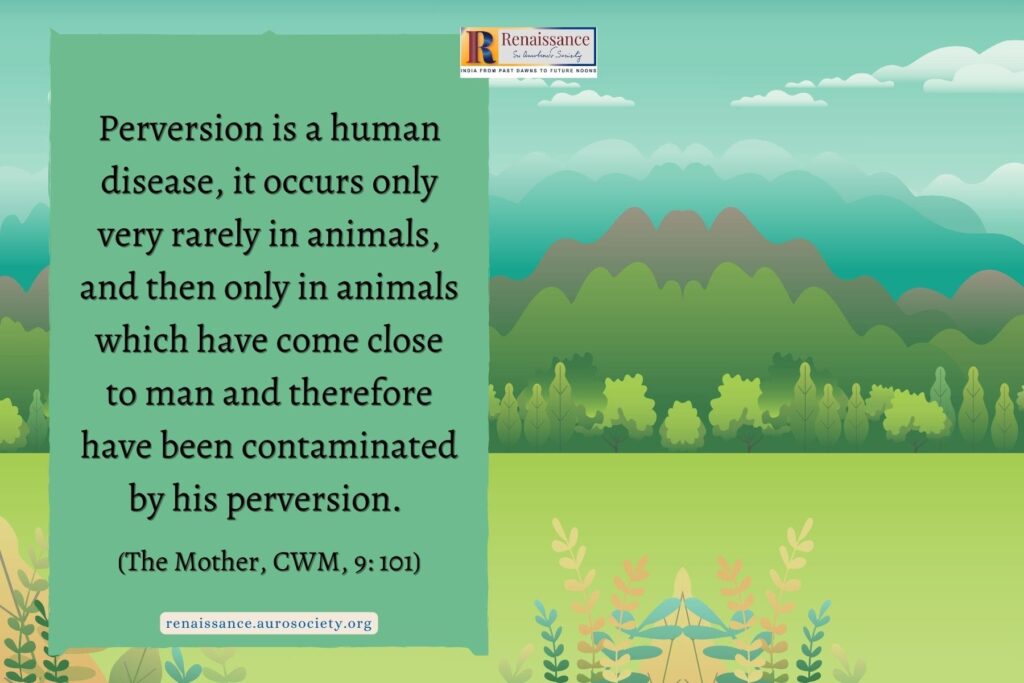
When the Brahmin found himself seized and bound in fetters, he at once thought of the snake who appeared before him the moment he was remembered and said, “Sir, what service can I render you?”
“Release me from these fetters, my friend,” he replied.
The snake told him, “This is what I shall do. I shall go to the palace and bite the king’s beloved wife. Not all the charms and incantations of mighty magic-workers, nor all the medicines and salves that expert physicians use as antidotes against poisons can have any effect to neutralize my poison. I shall see to that; nothing but the touch of your hands will be able to revive the queen. Then they would have to release you.”
Having made this promise, the snake slid quickly to the palace and bit the queen. She fell, lifeless. There was such an uproar in the palace; wails of despair went up; the whole city was plunged into gloom and confusion; all sorts of experts were summoned or sent for.
And they all came, hurrying – magic-workers and exorcists, persons who used bird-charms against snake bites, physicians skilled in the knowledge and use of different antidotes for snake-venom, even persons from other lands who were versed in the lore of poisons arrived at the palace.
They all tried their best, using all the skills they possessed, applying salves, administering every treatment they knew of or muttering incantations and devising charms. But to no avail. The queen lay in the grip of the deadly poison. Finally a proclamation was made throughout the city by beat of drums.
Hearing it the Brahmin volunteered, “I think I can neutralize the poison and revive the queen.” No sooner had the words left his mouth than the guards freed Yajnadatta, took him to the palace and ushered him into the royal presence.
“Sir, can you restore the queen to life?” asked the king. The Brahmin went to the queen’s bedside and by the touch of his hands neutralized the poison and brought her back to life. The king was overjoyed at seeing his dear wife restored to life and health; grateful, he paid Yajnadatta great honour, treated him royally and then asked him courteously, “Sir, please tell me the truth; how did you come by all this gold?” Thereupon, the Brahmin related the whole story in detail, right from the start.
The king, now in possession of all the facts, immediately ordered the goldsmith’s arrest and rewarded the Brahmin with the gift of a thousand villages and also made him the prime minister. Yajnadatta brought his family over. By taking charge of all matters of state and administering the kingdom well and by performing many sacrifices and amassing spiritual merit, he lived in great happiness surrounded by family and friends, enjoying all the comforts that life could provide.


Don’t Miss:
The Parable of the Snake and the Rat
~ Design: Beloo Mehra

